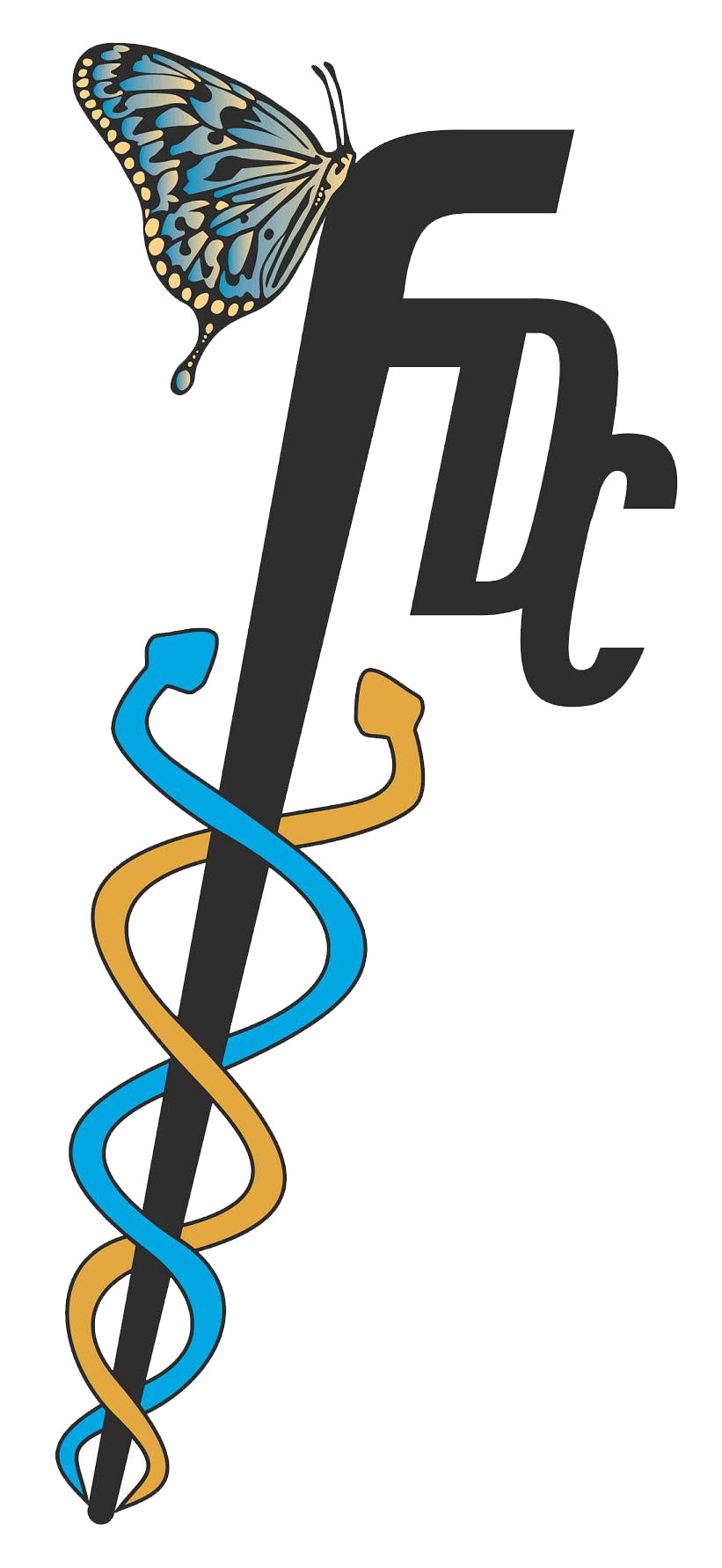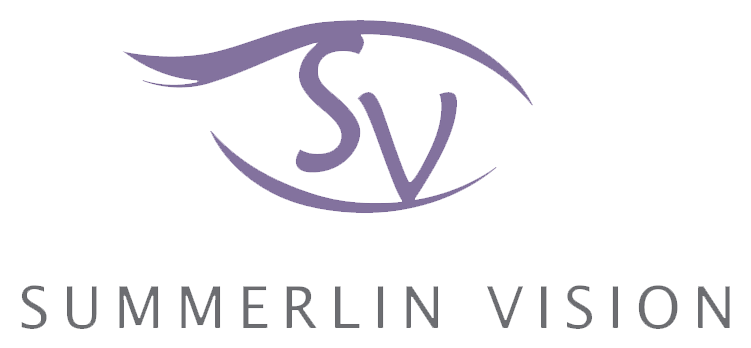Sleep Apnea in Redwood City, CA
Sleep Apnea in Redwood City, CA

We often get patients who complain of experiencing sudden jolts in the middle of sleep due to the inability to breathe. They wake up startled and gasping for air, which can be quite traumatizing for someone who was having a sound sleep a few moments before. This condition is called sleep apnea.
Sleep apnea is the partial or complete closure of the airway that is caused due to the collapse of the tissues from the roof of the throat. Due to this, the patient would be deprived of the regular supply of oxygen to the lungs. This is called Obstructive Sleep Apnea (OSA). In some instances, the lungs fail to suck in air as the brain wouldn't signal them in time. This is called Central Sleep Apnea (CSA). Despite the cause of the condition, sleep apnea has to be treated at the earliest to prevent complications.
Do you have trouble sleeping?
Patients who are diagnosed with sleep apnea sometimes experience trouble sleeping. The muscles of the throat obstruct the smooth flow of air through the airway. In most cases, patients go through obstructed breathing. During this, they temporarily stop breathing for a few seconds and continue shortly afterward. Of course, they wouldn't know about this as they would be sleeping, but their bedmate would certainly do. Patients with sleep apnea hardly reach the deeper stages of sleep, which drastically brings down the sleep quality.
Do you feel tired all day long?
Lack of sound sleep would be followed by prolonged tiredness that would trouble you throughout the day. The tissues of the throat feel sore as you wake up due to all the snoring from last night. Many times, you would have early morning headaches that wouldn't just go away. Due to poor sleep, patients with sleep apnea would feel sleepy during the daytime. They could become lethargic, and obesity would eventually set in. Over a period of time, they tend to grow weaker, which would affect their everyday lifestyle. It is also known to reduce the patient's tolerance levels.
Could it be because of TMJ disorder?
The Temporomandibular Joints (TMJ) are the ones that connect the lower jaw to the skull. They are responsible for the jaw's movement when you talk, bite, chew, yawn, etc. In most cases of sleep apnea, bruxism is one of the symptoms. It is the night-time teeth grinding that could severely wear down the teeth and cause issues with the TMJ. It could lead to pain and inflammation of the TMJ. Sometimes, the patient may experience lockjaw as well.
How can sleep apnea be treated?
At Future Dental care, we give great importance to the treatment of sleep apnea as we understand the severity of this health condition. Patients can make a few changes to their everyday routine by getting rid of a few unhealthy habits to get relief from sleep apnea. Some of them are avoiding the consumption of alcohol and smoking cigarettes, eating healthy, exercising regularly, sleeping in a comfortable and relaxed posture, etc. In addition to this, you may also need dental appliances to sleep better.
We offer simple oral appliances such as a customized-mandibular advancement device. Patients will have to put it on before going to bed, which keeps the airway open while you sleep peacefully. It brings the lower jaw forward and keeps the tissues of the roof of the throat from collapsing. You may also be asked to use a CPAP, or Continuous Positive Airway Pressure. It is a device that supplies oxygen to your body through a pressurized oxygen cylinder and a comfortably fitting mask. By continuously maintaining a positive airway pressure, sleep apnea will be prevented.
To know more about Sleep Apnea dentistry, please schedule an online appointment with our Family dentist in Redwood City, CA or call us at (650) 780-9439, and we will be happy to help. We also serve areas of Redwood City, Menlo Park, Atherton, and Foster City.


